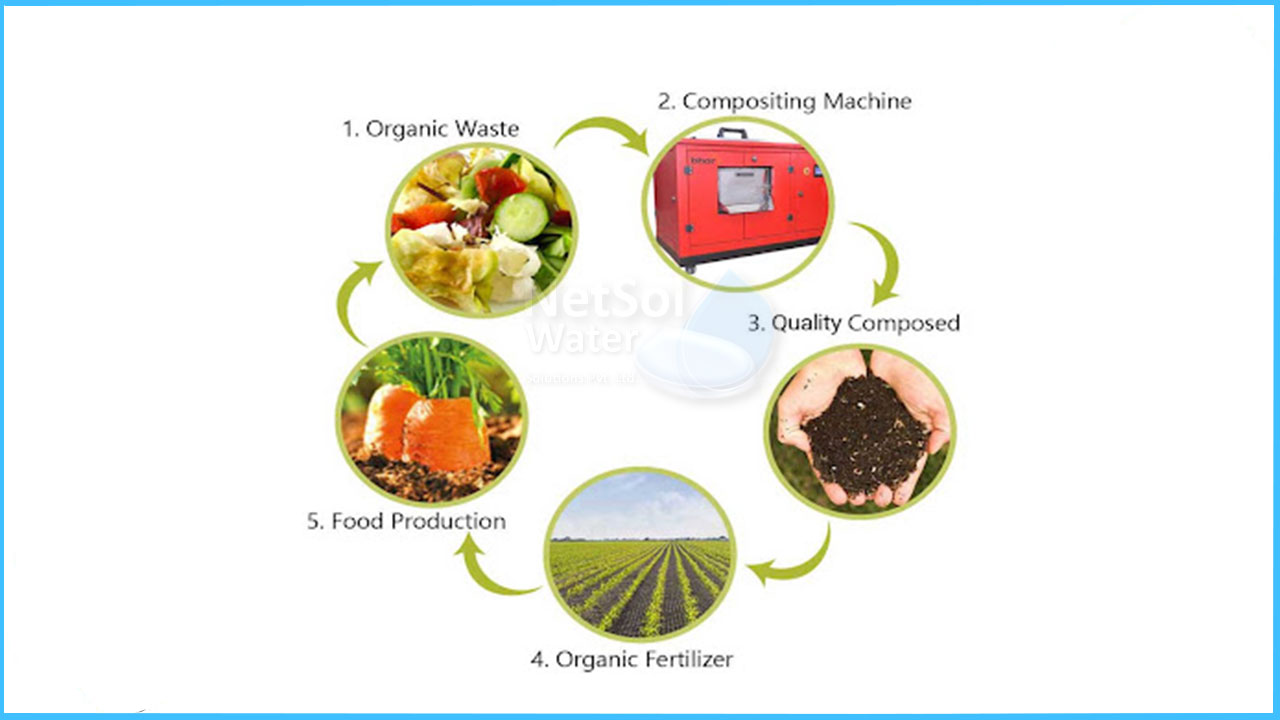What is Organic Waste Recycling?
Organic waste recycling is a form of organic waste management in which organic waste is recycled or converted into useable substance using various recycling techniques.As waste management has become a growing issue in most metropolitan cities, the demand for organic waste recycling has grown. Organic waste accounts for the majority of waste generated in nature, and their high moisture content has a direct impact on urban living systems. The increased moisture content increases waste volume while lowers incinerator temperatures, resulting in a higher overall waste disposal load. Various therapeutic approaches and practises have been developed and applied around the world to address these challenges. The use of microorganisms in the management of organic wastes is also a potential way to improve soil fertility while disposing of such wastes. The wastes are treated to various treatments during the organic waste recycling process, resulting in the conversion of waste into compost or vermin-compost, which can then be used as natural fertilisers. Biological treatments are one of the most practical and effective ways to deal with organic waste. These treatments aid in the recycling and recovery of waste components to the greatest extent possible. Organic waste recycling major goal is to establish a long-term cycle in which the biodegradable component of organic waste is turned into useful organic manure or fertiliser using various recycling procedures.
Composting: An Overview
Composting is the decomposition of organic matter in which soil organisms work on it, resulting in the recycling of nitrogen, phosphorous, potassium, and other soil elements into humus-rich components. Composting is an aerobic process that occurs under ideal moisture and biological heat generation conditions. Even though all organic matter can be composted, some materials take significantly longer to compost than food and agricultural wastes, such as woodchips and paper. Composting is a multi-step process that begins with composting and ends with stabilisation to produce a final stable product that can be applied to the ground. Composting systems vary in complexity and expense, ranging from simple, low-cost bin composting to highly specialised, high-priced reactor systems. Compost bins are ideal for composting ordinary kitchen waste and garden trimmings in homes. One of the most significant drawbacks of compost bins is the length of time it takes to complete the process. Composting on a large scale is done in massive reactors with an automated supply of oxygen and moisture to produce vast amounts of compost for industrial use.
Composting-Process Involved
The composting process is generally divided into three stages
1 Compost materials warming The warming phase generally refers to the initial stage of the composting process, in which the temperature of the stack gradually rises from the ambient temperature to about 45 °C, the dominant microorganisms are mesospheric microorganisms, including bacteria, fungi and actinomycetes. The decomposition substrates are mainly sugars and starches. During the period, fungal fruiting bodies can be found, and animals and protozoa participate in decomposition.
2 High Temperatures Processing It reaches the high temperature stage when the temperature in the high temperature stage increases above 45 °C. Mesospheric microorganisms are inhibited at this point. The system eventually dies, and thermopile microorganisms take over as the dominating microbes. Compost continues to oxidative breakdown residual and freshly generated soluble organic matter and complex organic matter such as hemicelluloses-cellulose and protein is also beginning to decompose aggressively. The optimum temperature for modern compost production is typically 55 ° C, because most microorganisms are most active in this temperature range, most decomposing organic matter, and most of the pathogens and parasites can be killed.
3 Compost materials cooling In the cooling stage, the high temperature stage will undoubtedly result in the death and activity of microorganisms, and the cooling stage will automatically transition to the low temperature stage. The mesospheric microorganisms begin to take the lead at this point, further decomposing the difficult-to-decompose organic matter, but microbial activity decreases overall, the heap's heat generation decreases, the temperature begins to drop, the organic matter is then stabilised.



